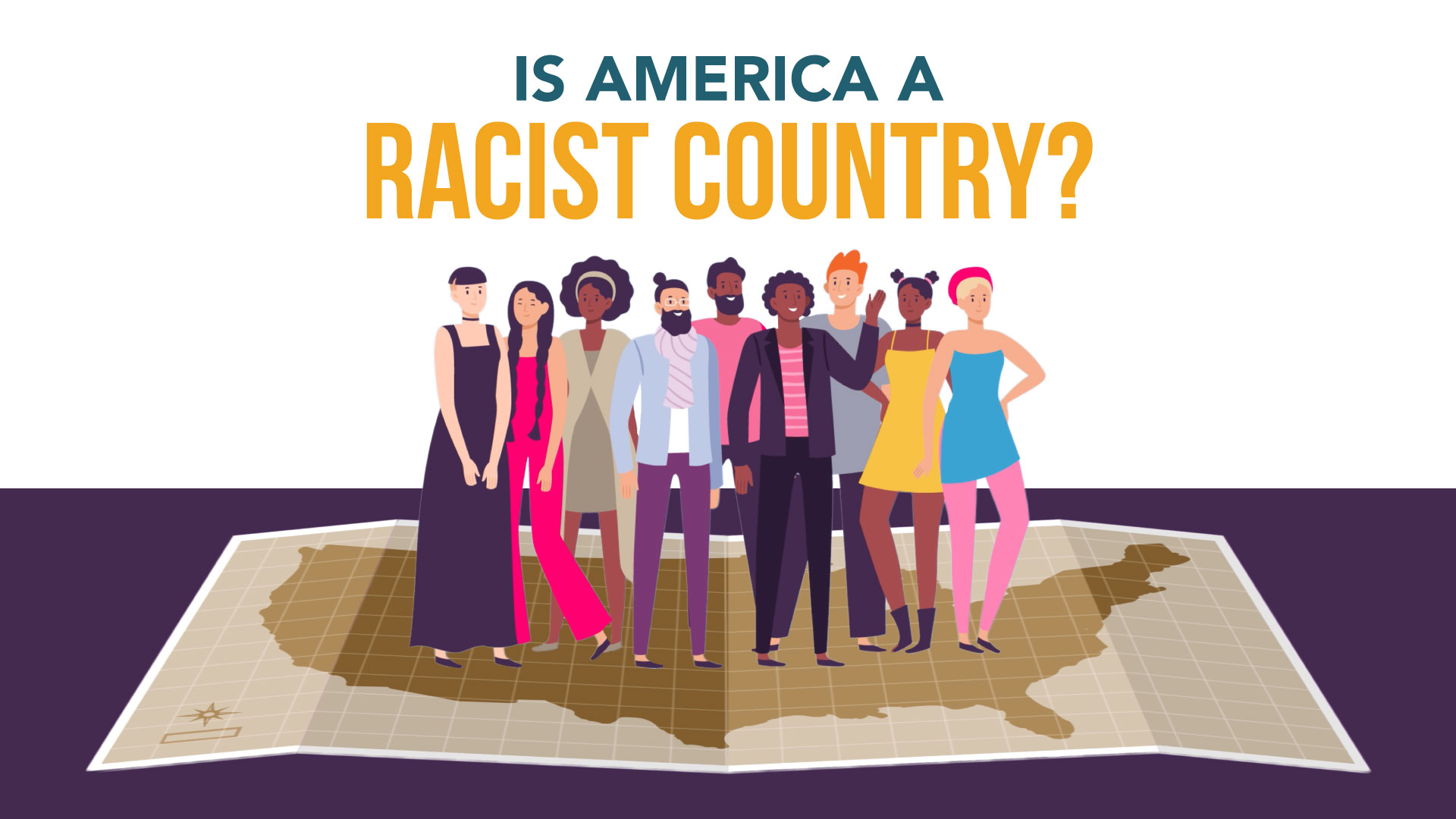Is Sex Assigned at Birth?
What Would You Say?
You’re in a conversation and someone says, “People can decide if they’re a boy, girl, or nonbinary because sex is just something assigned at birth.”
What Would You Say?
When confronted with this comment, remember that neither science nor logic support the idea that sex is assigned at birth and here are three reasons why:
- 1. A person’s sex is acknowledged, not assigned.
2. Sex is determined by our reproductive system.
3. Disorders of sexual development do not create new categories of sex.
- Transcript
- More Resources
- Watch More
You’re in a conversation and someone says, “People can decide if they’re a boy, girl, or nonbinary because sex is just something assigned at birth.” What Would You Say? First: A person's sex is acknowledged, not assigned. There are many things that doctors learn about a baby when it's born, like height, weight, and blood type. Those things aren't assigned. They’re acknowledged. Other things are assigned at birth, like a name. Babies are assigned names exclusively on the preferences of their parents. Changing a name before, during, or even after birth has no real impact on the person because it’s not a biological part of their identity. So, if some things are acknowledged and other things are assigned, which category does a baby's sex fall into? Is it more like being given a name by parents, or is it more like learning the blood type from the doctor? This leads us to the second point. Second: Sex is determined by our reproductive system. In most cases, humans are born with two sex chromosomes, either x/x or x/y. Those chromosomes lead to the creation of reproductive organs, which create sex hormones, which in turn create genitalia and secondary sex characteristics like body hair, bone structure, or an Adam's apple. Within our species, there are only two reproductive systems, male and female. As Professor Abigail Favale writes in her book The Genesis of Gender, a female is “the kind of human being whose body is organized around the potential to gestate new life.” A male, on the other hand, has a different reproductive system, consisting of different chromosomes than females, reproductive organs, sex hormones, and genitalia. For human reproduction to happen, contributions from both kinds of reproductive systems are required. The differences between males and females go beyond our reproductive systems. Men and women differ in how their brains operate, how they solve problems, what diseases they are susceptible to, and so much more. Third: Disorders of sexual development don't create new categories of sex. The disorder that occurs when a person’s reproductive system doesn’t develop neatly along a male or female path is called “intersex.” If a person is intersex that does not mean that he or she is not male or female. Nor does it mean that there are additional categories of sex than male and female. Some people are born without limbs. Others are born blind. Disorders of sexual development are not evidence of a new category of sex any more than disorders of the cardiac or respiratory systems are evidence of new kinds of hearts or lungs. In fact, as Favale points out, “In 99.98% of these cases, sex is readily recognizable as unambiguously male or female.” Also, sexual development disorders do not create a new chromosome, a new sex hormone, or a new type of genitalia. They do not replace the need for male or female, nor do they reveal a different way to reproduce. Sexual development disorders are simply evidence that sometimes our bodies don't develop or function as designed. So, the next time someone tells you “Sex is assigned at birth,” remember that neither science nor logic support the idea that sex is assigned at birth and here are three reasons why: First, a person's sex is acknowledged, not assigned. It’s not like a name, it’s more like a blood type. Second, sex is determined by our reproductive system, the potential to gestate. And third, disorders of sexual development do not create new categories of sex.
The Genesis of Gender: A Christian Theory by Abigail Favale


